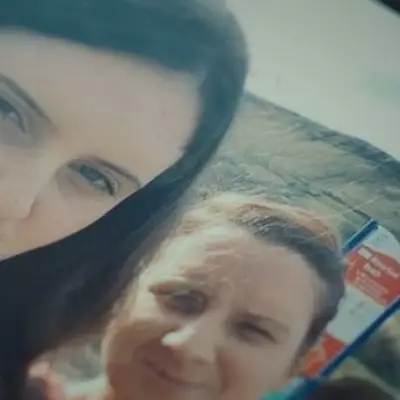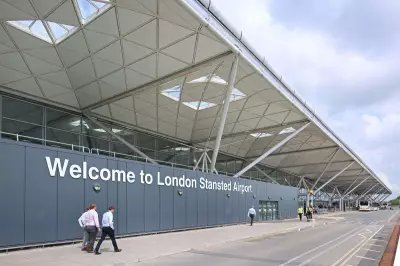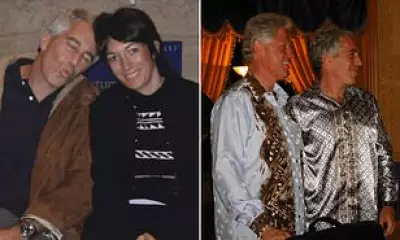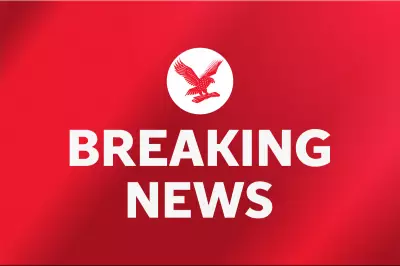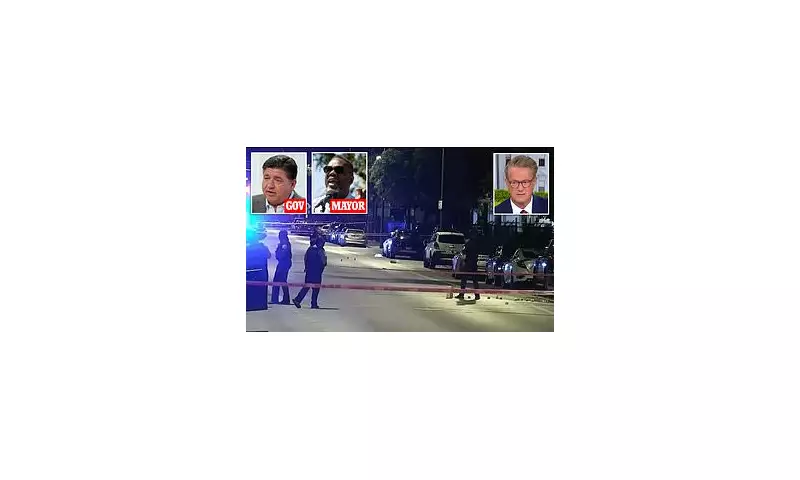
MSNBC's flagship programme Morning Joe has unleashed a blistering critique of Chicago's escalating crime crisis, with hosts Joe Scarborough and Mika Brzezinski delivering a stark warning about the city's descent into what they termed 'Third World' violence.
The extraordinary on-air commentary came in direct response to a devastating weekend of bloodshed in the Windy City, which coincided with former President Donald Trump's visit. Over 40 people were shot, with eight fatalities, painting a grim picture of urban violence that the hosts argued could no longer be ignored or excused.
'A Scene from a War Zone': Scarborough's Stark Warning
Scarborough, typically known for his centre-left commentary, did not mince words. 'This looks like a scene out of a Third World country,' he stated bluntly, highlighting the jarring contrast between the violence and Chicago's status as a global metropolis.
The host pointedly criticised the local political leadership, including Illinois Governor JB Pritzker and Chicago Mayor Brandon Johnson, questioning their efficacy in tackling the crisis. His co-host and wife, Mika Brzezinski, echoed the sentiment, expressing sheer disbelief at the scale of the violence.
Trump's Visit Highlights Political Divide on Crime
The timing of the violence, overlapping with Donald Trump's trip to Chicago for a business summit, added a layer of political theatre. Trump himself seized on the crisis, using it to amplify his law-and-order message and criticise Democratic governance in American cities.
This incident has thrust Chicago's crime problem back into the national spotlight, framing it as a key issue ahead of the upcoming electoral cycle. The passionate critique from a mainstream media show like Morning Joe signals a growing frustration that transcends traditional political allegiances.
The segment serves as a powerful indictment of the current state of urban America and poses serious questions about policing, policy, and political accountability in the face of unrelenting violence.


